What is blockchain technology? In the simplest terms, it’s a decentralized record-keeping system that provides encryption and privacy. It can also be used in legal contracts. Let’s explore the many uses of blockchain. Here’s a quick overview of some of the most interesting applications:
Blockchain technology is a decentralized form of record-keeping
A decentralized form of record-keeping, blockchain technology is an immutable database of individual transactions and blocks. Every participant in a blockchain network creates and maintains a copy of the blockchain database, called a node. These nodes keep the network running by verifying and distributing new data. Each new block is a record of a transaction.
The data is public and available to everyone.
There are many uses for blockchain, ranging from money transfers to cryptocurrency exchanges. Although cryptocurrency is the most common use for blockchain technology, the technology is also being used in medical and healthcare data security.
In fact, it can even be used to validate property transactions. And that’s just the tip of the iceberg. Blockchain technology is set to revolutionize the way we do business. The digital ledger will replace the need for a central clearing authority.
It provides encryption and privacy.
Blockchain technology provides the necessary encryption and privacy for transactions. Blockchains are considered the next-generation databases. They promise to facilitate secure transactions between unknowing parties. They allow users to view the entire history of transactions and verify the accuracy of the information stored.
However, since all information stored on a blockchain is publicly accessible, it may qualify as personal information under Canadian privacy laws. Hence, Blockchains are not yet widely adopted. But they may have some positives, such as enhanced privacy.
One application of blockchain technology is the Internet of Things. Smart meters use private blockchains to store information. The data collected by smart meters is confidential and private. The service provider’s public key is used to encrypt transactions. The public key can only be decrypted by the service provider. This makes blockchains a safer and more reliable method for transactions. Blockchains also make it possible to protect personal information from third parties.
It is vulnerable to hackers.
Unlike centralized databases, which are susceptible to hacking, blockchain technology uses a distributed consensus mechanism to prevent malicious actors from gaining access to data. Every transaction is verified by a community of miners, and fraudulent transactions cannot pass the collective verification. Each node on the network has a copy of the blockchain, which makes it impossible for malicious actors to insert fraudulent blocks into the chain without being detected by others. This large number of copies ensures that a chain is secure and that data cannot be stolen.
One of the biggest security threats for blockchain networks is endpoints. Each user’s private key is encrypted and stored on the network’s nodes. Stolen keys allow a hacker to access, edit, and delete data on the blockchain. By attacking endpoints, malicious actors can steal private keys and gain access to blockchain data. This is a major weakness of technology. There are some ways to avoid this vulnerability.
It is used in legal contracts.
If you’re wondering how Blockchain technology is used in legal contracts, you’re not alone. The use of Blockchain technology in these contracts has already been proven in a pilot project in Cook County, Illinois. The process for tracking property titles involves a digital token that serves as proof of ownership.
This type of technology is also suited for use in real estate transactions, such as the sale of a property. If the project proves to be successful, it may also be applicable to other types of contracts.
Legal contracts currently require physical signatures. Not only does this process take time, but it is prone to human error.
Blockchain technology could make legal documentation more transparent and accessible. Smart contracts can automatically execute when certain requirements are met, reducing the friction and cost of generating and securing legal agreements. This technology could also be used for business transactions, such as agreements that govern the purchase of a home or insurance policy.
It is used by banks.
The benefits of Blockchain technology for banks are many. The technology has reduced infrastructure costs by $20 billion by 2022. Smart contacts can be used to streamline transactions between banks and counterparties. Transactions can be completed within seconds. This reduces the costs associated with maintaining and executing contracts. Furthermore, it has increased security.
The adoption of Blockchain technology by banks is a huge step forward for the financial industry. Read on to learn more about this exciting new technology.








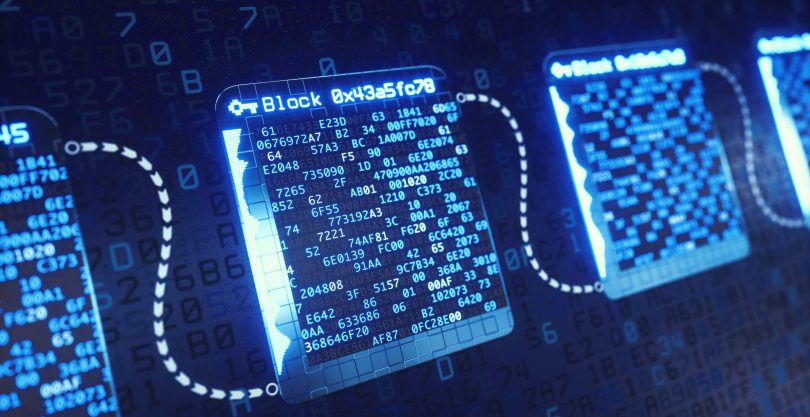

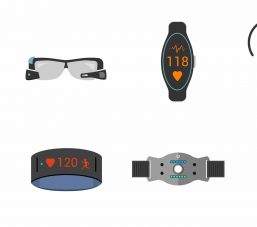

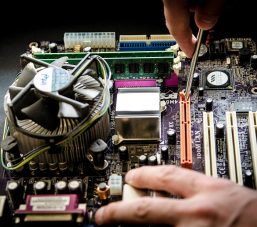


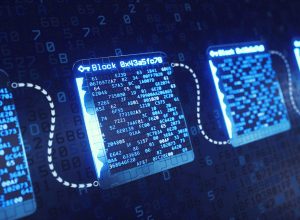
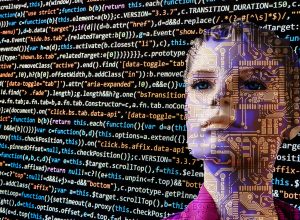


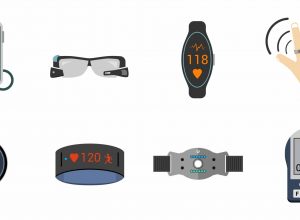


[…] Read Also : What Is Blockchain Technology and Where Is It Used ? […]
[…] Read Also: What Is Blockchain Technology and Where Is It Used? […]